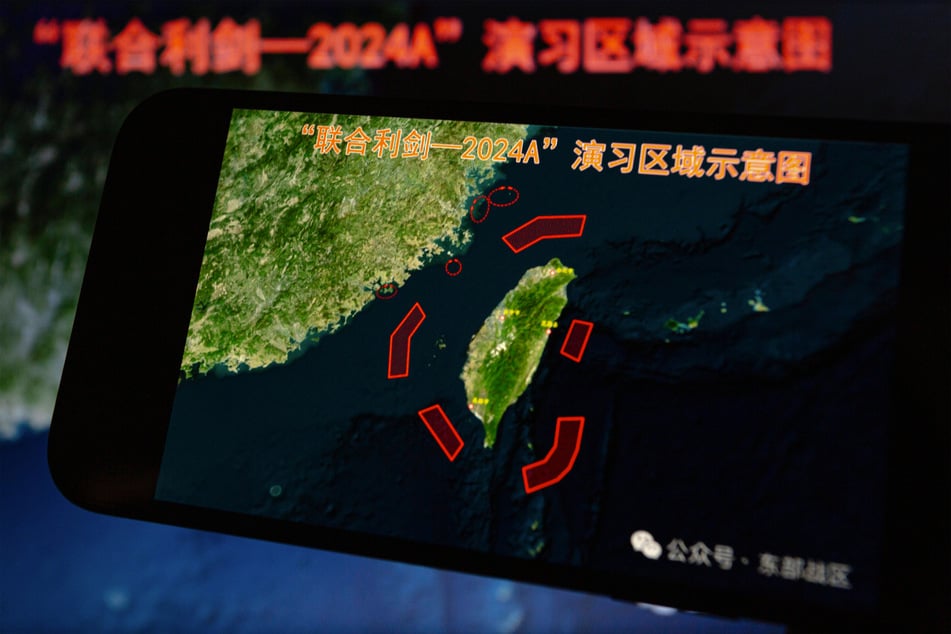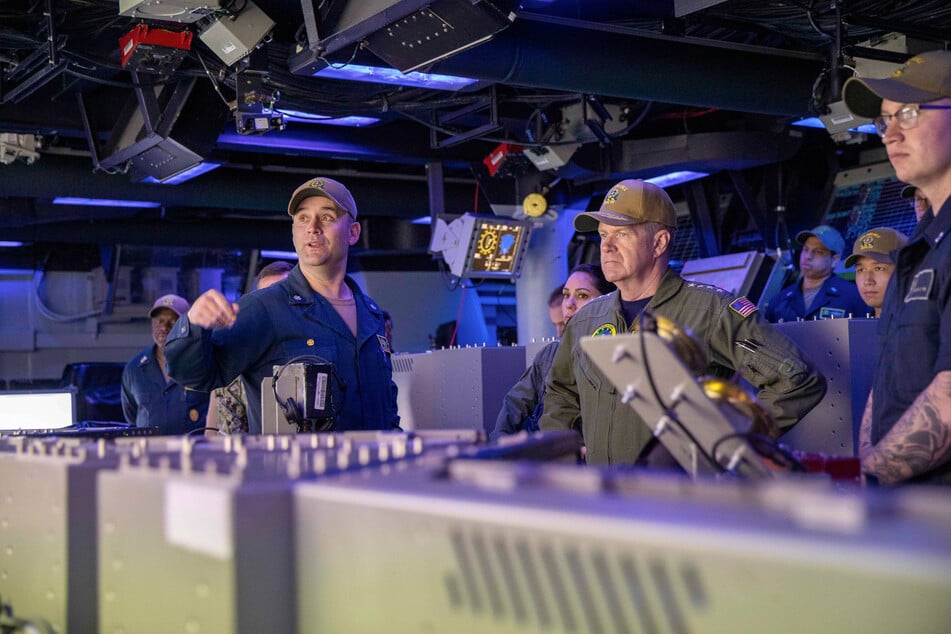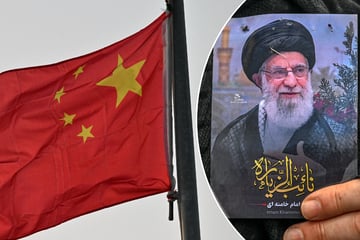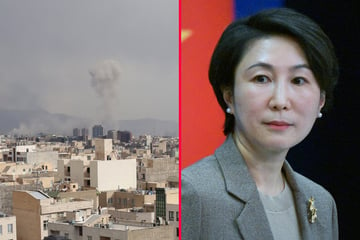US plans to turn Taiwan Strait into an "unmanned hellscape" if China invades
Singapore - An admiral in the US armed forces has emphasized the need to defend Taiwan against a possible Chinese invasion, warning that the Taiwan Strait could become an "unmanned hellscape."

Admiral Samuel Paparo, the head of US Indo-Pacific Command for the US Armed Forces, took to the Shangri-La Dialogue Summit to warn about ongoing tensions surrounding Taiwan.
In an attempt to deter political or armed conflict in the region, Admiral Paparo revealed that the US has a so-called "hellscape" plan designed to give the Americans time to respond if China launches an invasion.
"I want to turn the Taiwan Strait into an unmanned hellscape using a number of classified capabilities," Paparo explained, Wion reports. "I can make their lives absolutely miserable for a month, which buys me the time for the rest of everything."
The statement is in strong contrast to attempts by the Biden administration in recent years to try and cool down situations both in the South China Sea and in the Taiwan Strait.
Following a visit by Secretary of State Blinken to Beijing at the end of April, tensions have swelled between the US and China over the Taiwan issue, as well as increasing clashes between the Chinese coast guard and Filipino forces.
A plan like the one proposed by the admiral would involve launching unmanned systems, such as drones, to attack Chinese naval forces as they attempt to cross the Taiwan Strait, a distance of less than 100 nautical miles.
China unhappy with increasing Taiwan tensions

"Deterrence is our highest duty," Paparo said at the Shangri-La panel 'Deterrence and Reassurance in the Asia-Pacific.' "It's a result of capability and will and the potential adversary’s awareness of the same.
"It relies on the potential enemies believing the risk of military defeat, but also economic loss, diplomatic isolation, or a combination of all of the above."
The Chinese foreign ministry has repeatedly criticized the US and its allies for sending military hardware to Taiwan, even going as far as implementing harsh sanctions on the US last month.
They have said that the Taiwan issue is a "red line" that cannot be crossed and have repeatedly called for the US to work harder towards peace and stability in the region rather than continue a so-called "arms race" in the South China Sea.
"The Taiwan question is at the core of China's core interests, and the first red line that cannot be crossed in China-US relations," China's foreign ministry spokesperson Mao Ning said on June 7.
"Stop selling arms to Taiwan and having military contact with Taiwan, stop creating factors that fuel tensions in the Taiwan Strait, stop endangering cross-Strait peace and stability, and stop going further down this wrong and dangerous path."
Cover photo: IMAGO/ZUMA Press Wire

